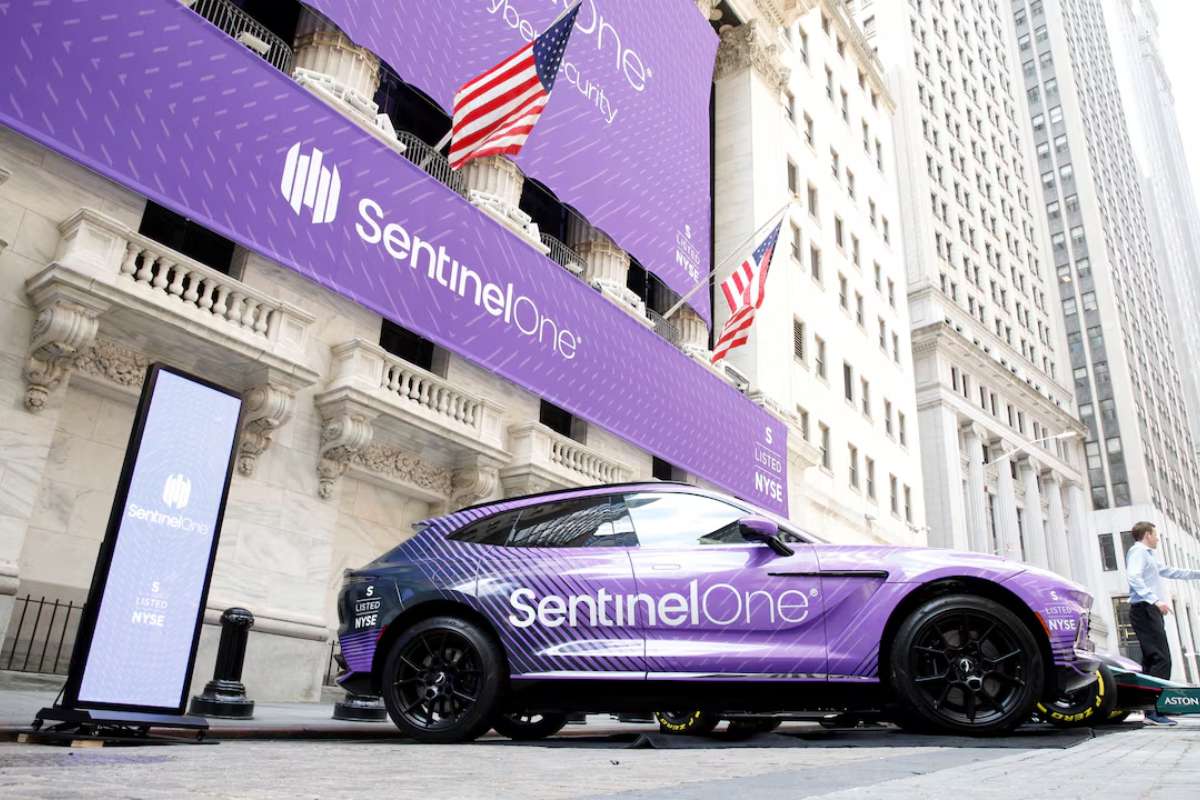Fallout from SentinelOne Incident Raises Alarm
A recent White House directive revoking the security clearances of SentinelOne—triggered by its association with former US Cybersecurity Industry chief Chris Krebs—has sparked widespread concern in the cybersecurity industry. The move, seen by many as politically motivated, has ignited fears that U.S. cybersecurity firms may be viewed with the same skepticism previously reserved for companies linked to foreign governments, such as Russia’s Kaspersky and China’s Nuctech.
Industry experts warn that tying security clearances to political loyalty could have serious implications. With many cybersecurity companies reliant on these clearances to operate in government and defense sectors, there’s a growing unease about how future decisions may be influenced by political affiliation rather than technical merit or national security needs.
Jim Routh, a veteran CISO with leadership roles at major U.S. corporations like Aetna, CVS, and JP Morgan Chase, expressed deep concerns. “This is an issue CISOs need to worry about, and I don’t think they are,” he said. Routh emphasized that the U.S. is already facing growing cyber threats from adversaries like Russia, China, and Iran, and that commercial threat intelligence is becoming more critical as government resources shrink.
Trust in U.S. Firms at Risk as Global CSOs Rethink Vendor Choices
The broader impact of politicizing security clearances could lead to a global credibility crisis for US Cybersecurity Industry . As Chief Information Security Officers (CISOs) across the globe reconsider the reliability of American threat intelligence, the concern is that these companies may begin to mirror the murky affiliations that once disqualified foreign firms.
Routh pointed to his own decision as CISO at Aetna to reject Kaspersky products—not because of any specific security issues, but due to its perceived close ties with the Russian government. He suggested a similar perception could now apply to American companies, given recent developments. “It’s about trust,” Routh noted. “You make a tradeoff when the provider’s relationship with their government is cloudy.”
Beauceron Security CEO David Shipley echoed these concerns, warning that political influence over security companies could jeopardize the accuracy and integrity of threat intelligence. “If the administration asks you to ignore certain state-sponsored attacks or delete them from reports, that’s a massive issue,” he said, adding that this situation could be a boon for cybersecurity firms based in countries like Canada, Germany, or Japan.
Shipley emphasized that CISOs may now prioritize vendors from countries where the rule of law and democratic norms are intact, suggesting that the trust deficit created by recent actions could drive long-term shifts in procurement decisions.
Industry Reaction Split Amid Uncertainty Over Long-Term Impact
While the move against SentinelOne US Cybersecurity Industry has caused widespread concern, not all industry voices are convinced this marks a systemic shift. Some see it as a personal vendetta. Steve Zalewski, former CISO at Levi Strauss and cybersecurity advisor, believes the incident was “payback” by Donald Trump for Krebs’ actions during the 2020 election. “SentinelOne is just temporary collateral damage,” Zalewski said, dismissing the idea of a broader campaign.
Still, others like Kurtis Minder, CEO of GroupSense, caution that the situation sets a dangerous precedent. Minder fears CISOs will increasingly need to consider the political background of vendors’ leadership, making risk assessments more complex and potentially undermining trust in U.S. tech. “If this becomes a trend,” he warned, “it’s the first volley, and we’ll have to wait and see where it lands.”
Will Townsend, a principal analyst at Moor Insights & Strategy, remains optimistic, arguing that the strength and scale of the US Cybersecurity Industry will likely withstand this turbulence. However, he acknowledged that speculation around political motives could cast a shadow on firms like SentinelOne, leaving CISOs in a difficult position.
As the industry watches closely, the SentinelOne episode may be remembered as a turning point—one that challenges not only corporate alliances but the foundational trust that underpins global cybersecurity.
Also Read :- CIOs Navigate Integration of AI Amidst Cybersecurity Concerns






